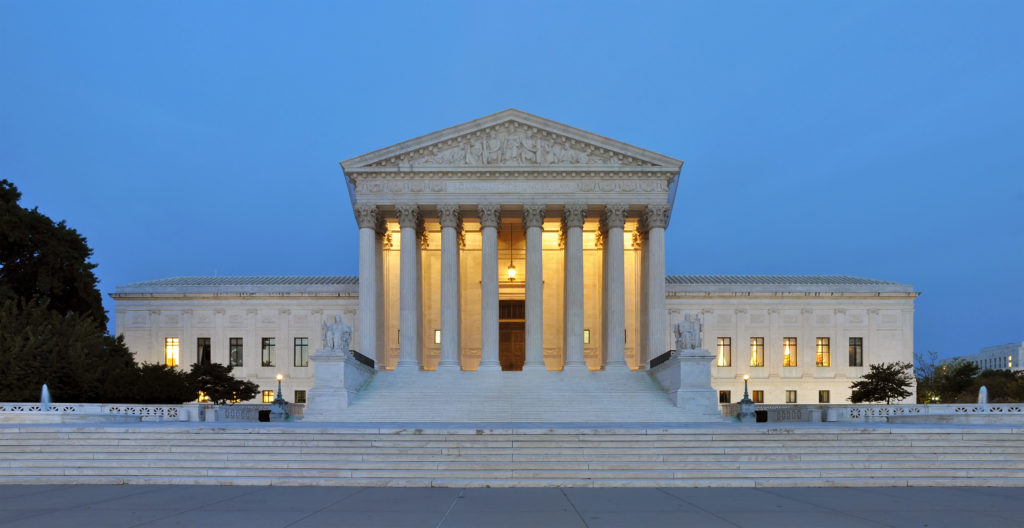In June 2023, the Supreme Court ruled against the use of race-conscious admissions policies in higher education in the cases of Students for Fair Admissions v. University of North Carolina and Students for Fair Admissions v. Presidents and Fellows of Harvard College. This ruling significantly impacts admissions in PA education. To continue supporting programs in promoting equity, diversity, and inclusion through the admissions process, PAEA invites members to leverage the below resources.

Core Resources
- Full Supreme Court Decision and Dissents
- Students for Fair Admissions, Inc. v. University of North Carolina, et.al: What the Federal District Court Said and What It Can Mean for Postsecondary Institutions that Consider Race in Admissions
- Health Professions Amicus Brief
- SCOTUS Blog Summary of Cases
- AAMC Frequently Asked Questions

PA Admissions and Recruitment After the SCOTUS Decision Webinar
In August 2023, PAEA hosted a webinar to provide technical assistance to members in complying with the Supreme Court’s decision. In the recording, members can learn more about CASPA modifications, admissions and recruitment strategies, and best practices for continuing to promote EDI.
Frequently Asked Questions
The Students for Fair Admissions, Inc. v. Presidents and Fellows of Harvard College ruling is a landmark opinion of the Supreme Court addressing the use of race-conscious admissions policies in higher education. In a significant departure from precedent, the Court ruled that race-conscious admissions programs violate the Equal Protection Clause of the U.S. Constitution, effectively prohibiting said policies at all institutions of higher education.
The ruling applies to all institutions of higher education, both public and private, as well as the admissions processes of both undergraduate and graduate level programs, including PA programs.
While explicit consideration of race or ethnicity may be prohibited, PA programs can still consider student characteristics through alternative approaches or factors such as socioeconomic background, life experiences, or geographic representation. Critically, information on the impact of an applicant’s race and ethnicity proactively provided by students without prompting from the program was allowed to be considered in the opinion issued by the Supreme Court.
No, the Supreme Court’s ruling does not impose any prohibitions on recruitment efforts targeted at underrepresented communities, and PAEA continues to support pathway development as a key means to promote student diversity.
While the Supreme Court’s ruling prohibits explicit consideration of race and ethnicity in admissions decisions, programs can continue to promote student diversity through alternative admissions methodologies such as adversity scores, which consider a range of factors such as socioeconomic status and past life experiences. Additional information on how adversity scores have been implemented can be found here.
Continuing to use affirmative action practices despite the ruling may pose significant risks for PA programs. It is advisable to consult institutional legal counsel to assess the specific implications and risks associated with changes in admissions practices.
No. The carve-out provided by the Supreme Court is narrowly targeted towards the nation’s military academies. Due to the required affiliation with a civilian university, which is inherently bound by the Supreme Court’s restrictions, in order to grant a master’s degree per ARC-PA standards, this carve-out does not impact PA education.
PAEA’s Affirmative Action Decision resource page will be continuously updated to provide programs with new resources in adapting to the Supreme Court’s decision. Specific questions can be directed to Tyler Smith at tsmith@PAEAonline.org.